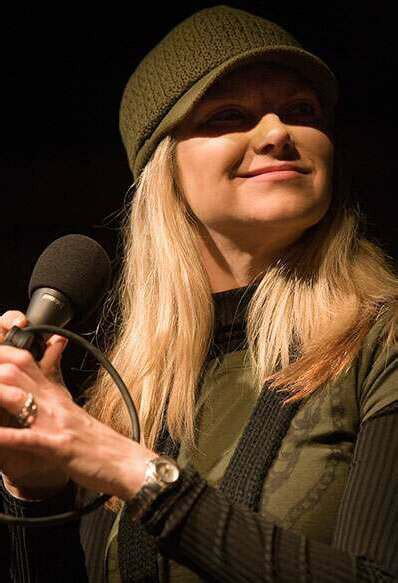A Quote by Paul Samuelson
In this age of specialization, I sometimes think of myself as the last 'generalist' in economics, with interests that range from mathematical economics down to current financial journalism. My real interests are research and teaching.
Related Quotes
Anyway that's a large part of what economics is - people arbitrarily, or as a matter of taste, assigning numerical values to non-numerical things. And then pretending that they haven't just made the numbers up, which they have. Economics is like astrology in that sense, except that economics serves to justify the current power structure, and so it has a lot of fervent believers among the powerful
How should the best parts of psychology and economics interrelate in an enlightened economist's mind?... I think that these behavioral economics...or economists are probably the ones that are bending them in the correct direction. I don't think it's going to be that hard to bend economics a little to accommodate what's right in psychology.
Conventions of generality and mathematical elegance may be just as much barriers to the attainment and diffusion of knowledge as may contentment with particularity and literary vagueness... It may well be that the slovenly and literary borderland between economics and sociology will be the most fruitful building ground during the years to come and that mathematical economics will remain too flawless in its perfection to be very fruitful.
Unless the fundamental categories of economics such as 'property' were to be redefined in a radically personal way the liberal rationalist curse which had established economics as a scientific discipline cut off from human interests would proliferate. Economic models ... have failed to incorporate any meaningful index of individual benefit other than the original utilitarian one, ... the index of increasing income or an increasing flow of commodities.
I am practical by nature, and I'd heard that being a writer or an artist is a good way to starve! So I was an economics major at Oklahoma State, and then received an M.S. from Cornell in Agricultural Resource and Managerial Economics. I knew if I wanted to write I would do it on my own, but I knew I wouldn't make myself study economics on my own.




































